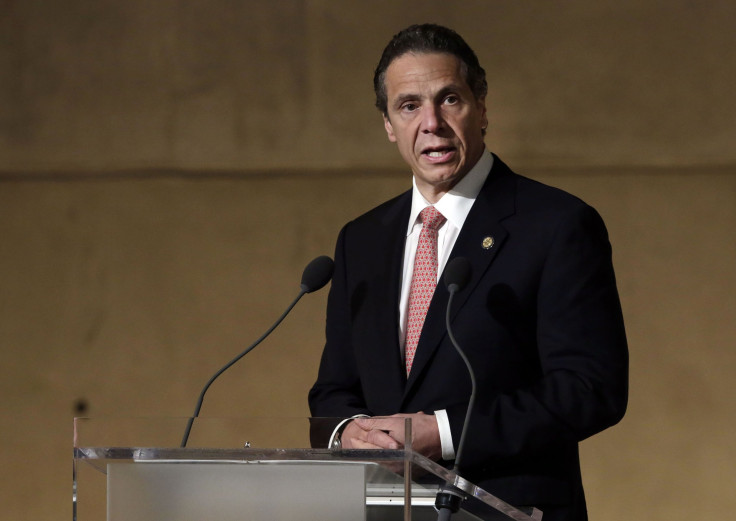Possible Strike Would Shut Down North America's Largest Commuter Rail Service

With 11 days to go before some thousands of Long Island Rail Road (LIRR) employees can legally walk off the job, both sides are hoping to come to an agreement on a new contract in negotiations that have been ongoing since 2010.
“Both sides to the conflict need to sit at a table, bring in cots if necessary, and get this resolved between them,” Rep. Steve Israel (D-NY) told the New York Post.
New York’s Metropolitan Transportation Authority (MTA) expects a counteroffer from Anthony Simon, the key negotiator for the eight unions representing about 5,400 railroad employees.
Talks broke down last month with the MTA claiming they conceded to all of the unions’ demands, including a 17 percent wage hike over seven years, with no changes to pensions. The unions want the wage hike over six years, first-time employee health-care contributions and no changes to work rules.
The MTA says the demands could impact the railroad’s capital funding. It claims the average LIRR worker makes $65,000 a year plus $20,000 in overtime. Changes to work rules could limit the amount of overtime employees are qualified for to offset the wage hikes as the MTA would seek to prevent any net increase in payroll costs.
LIRR workers last walked off the job in 1994 in a two-day strike. Then-Gov. Mario Cuomo, the father of current Gov. Andrew Cuomo, helped end the strike by telling the two sides not to expect federal intervention. The MTA conceded to the unions’ demands, which included a 17 percent wage hike over four years.
On Wednesday, Gov. Cuomo said Congress has made it, “abundantly clear that the only path to resolution is at the bargaining table between the MTA and the unions.”
Unlike New York City’s subway system, the LIRR operates under federal jurisdiction that gives the president authority to intervene under the 1926 Railway Labor Act. The law creates a federal mediation board to resolve labor disputes, but also requires workers to end work stoppages for up to 180 days.
President Barack Obama invoked this power last month to end a one-day strike that shut down Philadelphia’s commuter rail service.
© Copyright IBTimes 2025. All rights reserved.





















